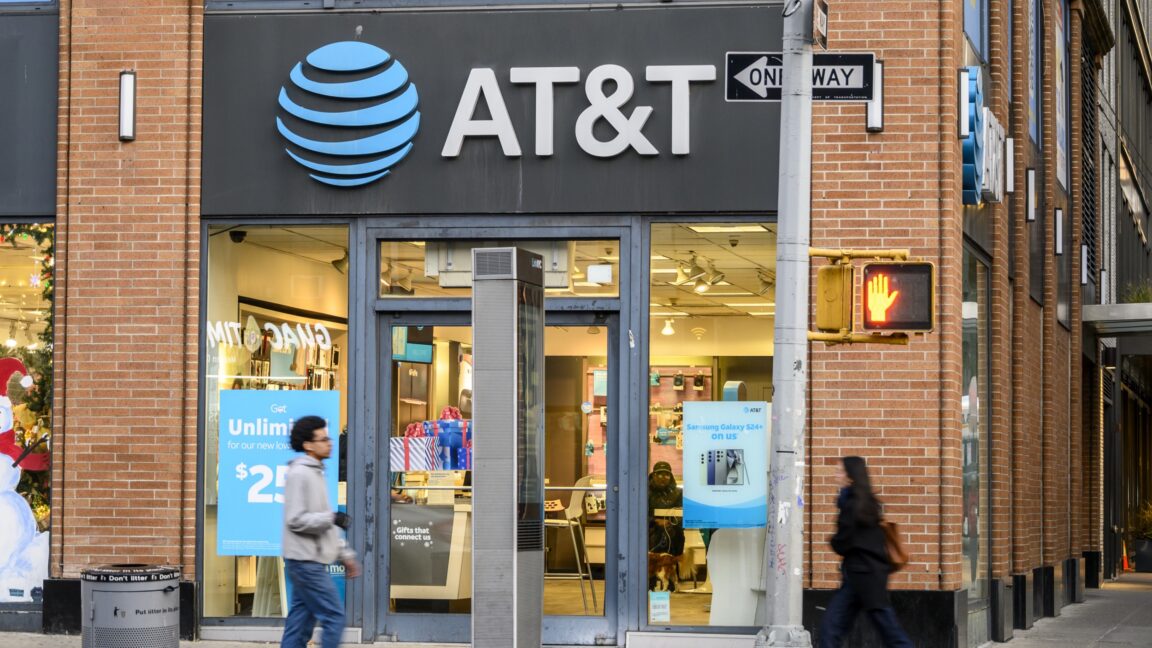
bombshell report exposes how meta relied on Internal documents have revealed that Meta has projected it earns billions from ignoring scam ads that its platforms then targeted to users most likely to click on them.
bombshell report exposes how meta relied on
Overview of the Findings
A recent report by Reuters has shed light on Meta’s controversial practices regarding scam advertisements across its platforms, including Facebook, Instagram, and WhatsApp. The investigation spans five years and uncovers a troubling pattern of behavior within the company, where the prioritization of revenue over user safety has led to a significant increase in fraudulent activities. The internal documents reviewed by Reuters indicate that Meta has knowingly profited from scam ads, which have been allowed to proliferate on its platforms.
Scam Ads: A Revenue Stream
According to the report, Meta has projected earnings in the billions from scam ads, which are targeted to users based on their likelihood of engagement. This targeting is facilitated by the company’s sophisticated algorithms, which analyze user behavior and preferences. While the technology is designed to enhance user experience by delivering relevant content, it has inadvertently created an environment where scammers can thrive.
Targeting Mechanisms
Meta’s advertising system employs complex algorithms that assess user data to optimize ad placements. This system, while effective for legitimate businesses, has also been exploited by scammers who create deceptive advertisements. The internal documents reveal that Meta’s algorithms are not only capable of identifying high-risk accounts but also of prioritizing ads from these accounts to users who are most likely to engage with them. This raises ethical questions about the company’s responsibility in monitoring and regulating the content that appears on its platforms.
Financial Implications
Meta’s reluctance to remove scam accounts stems from a fear of revenue loss. The documents indicate that the company was hesitant to take decisive action against accounts known for fraudulent activities, as doing so could result in a significant drop in advertising revenue. This decision-making process highlights a troubling prioritization of profit over user safety and ethical considerations.
Internal Culture and Decision-Making
The report also delves into the internal culture at Meta, revealing a complex web of decision-making processes that prioritize financial performance. Employees expressed concerns about the company’s approach to scam ads, noting that there was a pervasive fear of jeopardizing revenue streams. This culture of risk aversion has contributed to a lack of accountability and transparency in how the company handles scam advertisements.
Employee Concerns
Several employees voiced their frustrations regarding the company’s handling of scam ads, suggesting that the focus on revenue has overshadowed the need for ethical practices. Internal communications revealed that employees were aware of the potential harm caused by allowing scam ads to proliferate but felt powerless to effect change. This sentiment underscores a broader issue within Meta regarding corporate responsibility and the ethical implications of its business model.
Impact on Users
The consequences of Meta’s practices are far-reaching, affecting millions of users who rely on the platform for social interaction and information. The proliferation of scam ads not only undermines user trust but also poses significant risks, including financial loss and identity theft. Users who fall victim to these scams may experience long-lasting repercussions, further complicating their relationship with the platform.
Regulatory Scrutiny and Public Backlash
As the report gains traction, Meta faces increasing scrutiny from regulators and the public. Lawmakers have expressed concerns about the company’s practices and the potential for regulatory action. The revelations have prompted calls for greater oversight of social media platforms, particularly regarding their advertising practices.
Potential Regulatory Actions
Regulators may consider implementing stricter guidelines for advertising on social media platforms to protect users from fraudulent content. This could involve requiring companies like Meta to enhance their monitoring systems and take more proactive measures to identify and remove scam ads. The implications of such regulatory actions could significantly impact Meta’s business model, forcing the company to reevaluate its approach to advertising.
Public Reaction
The public’s reaction to the report has been largely negative, with many users expressing outrage over Meta’s practices. Social media users have taken to various platforms to voice their concerns, calling for accountability and transparency from the company. This backlash could further erode user trust and loyalty, potentially leading to a decline in user engagement and revenue.
Broader Implications for the Tech Industry
The findings from the Reuters report extend beyond Meta, raising questions about the practices of other tech companies in the advertising space. As the industry grapples with similar challenges, there is a growing need for ethical standards and accountability in digital advertising. The revelations about Meta’s practices may serve as a wake-up call for other companies to reevaluate their advertising strategies and prioritize user safety.
Industry-Wide Accountability
The tech industry has faced increasing scrutiny in recent years, with calls for greater accountability and transparency. The issues highlighted in the Reuters report may prompt other companies to adopt more stringent measures to prevent the proliferation of scam ads. This could involve investing in better monitoring systems, enhancing user education about online scams, and fostering a culture of ethical responsibility within organizations.
Future of Digital Advertising
The future of digital advertising may be shaped by the fallout from this report. As consumers become more aware of the risks associated with online advertising, there may be a shift towards more ethical practices. Companies that prioritize user safety and transparency may gain a competitive advantage in an increasingly skeptical market.
Conclusion
The revelations from the Reuters report paint a troubling picture of Meta’s practices regarding scam ads. The company’s prioritization of revenue over user safety raises significant ethical questions and has far-reaching implications for the tech industry as a whole. As regulators and the public demand accountability, Meta may be forced to reevaluate its approach to advertising and user safety. The findings serve as a critical reminder of the need for ethical practices in the digital age, where user trust is paramount.
Source: Original report
Was this helpful?
Last Modified: November 7, 2025 at 1:36 am
2 views















